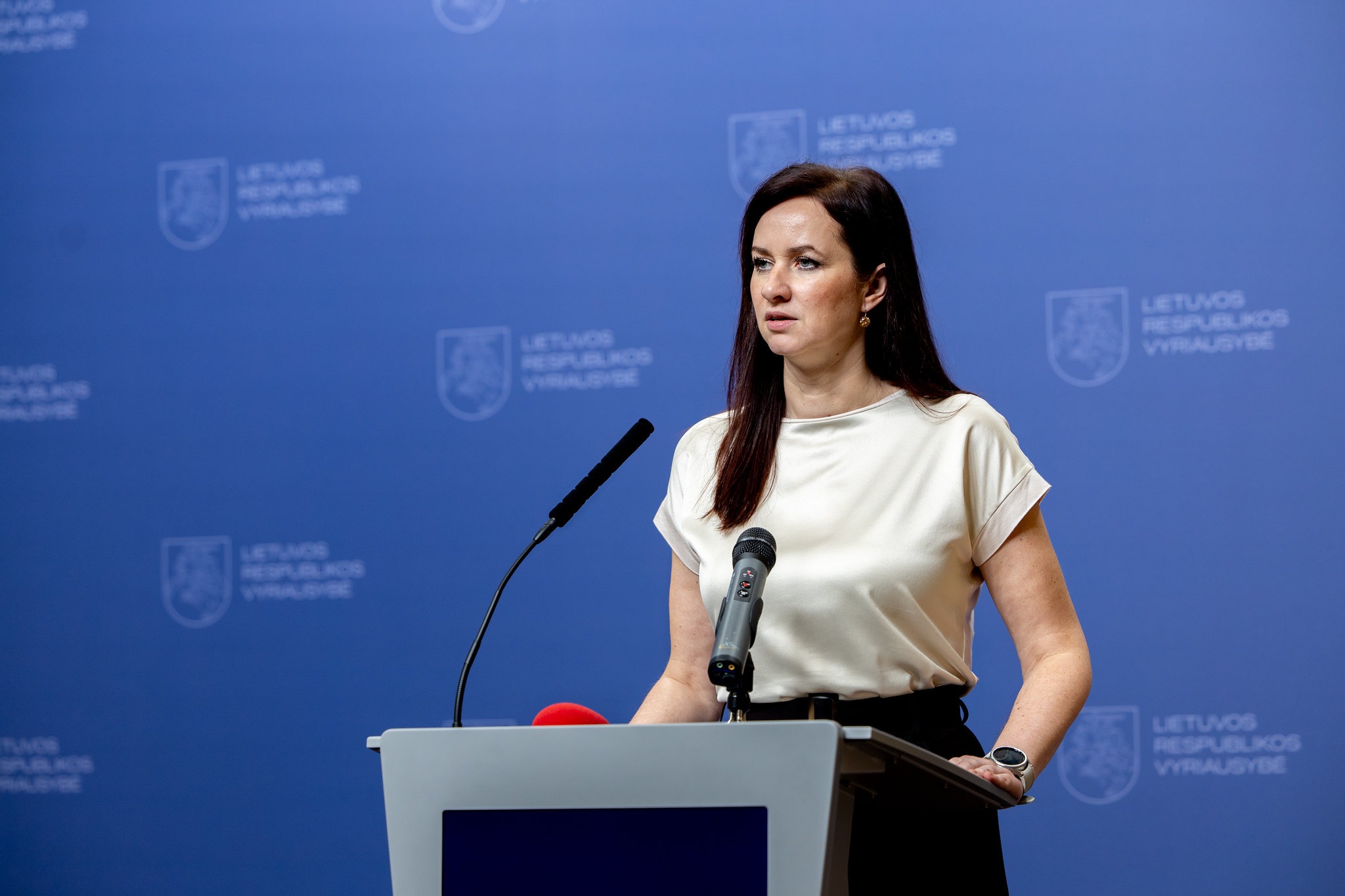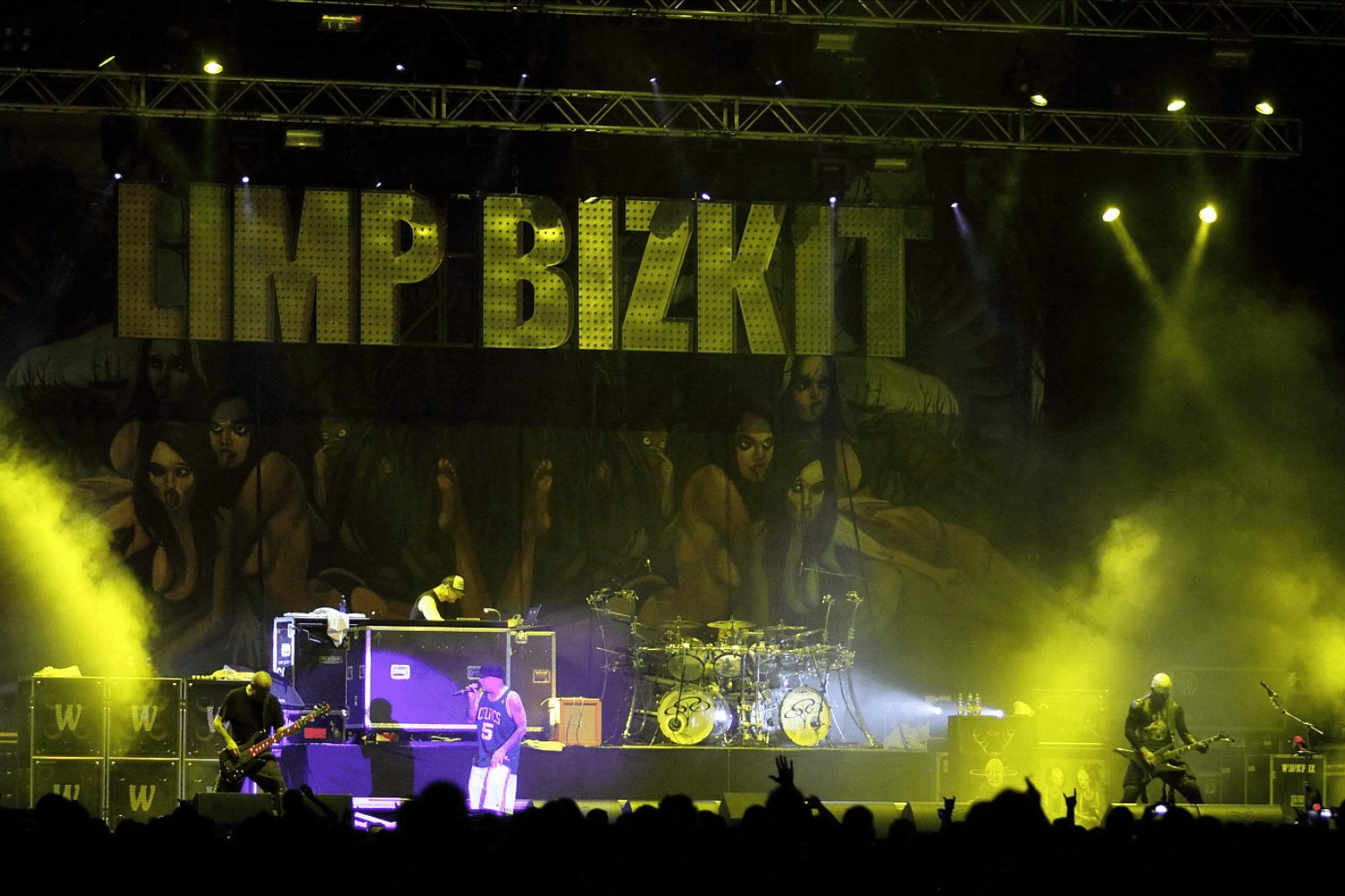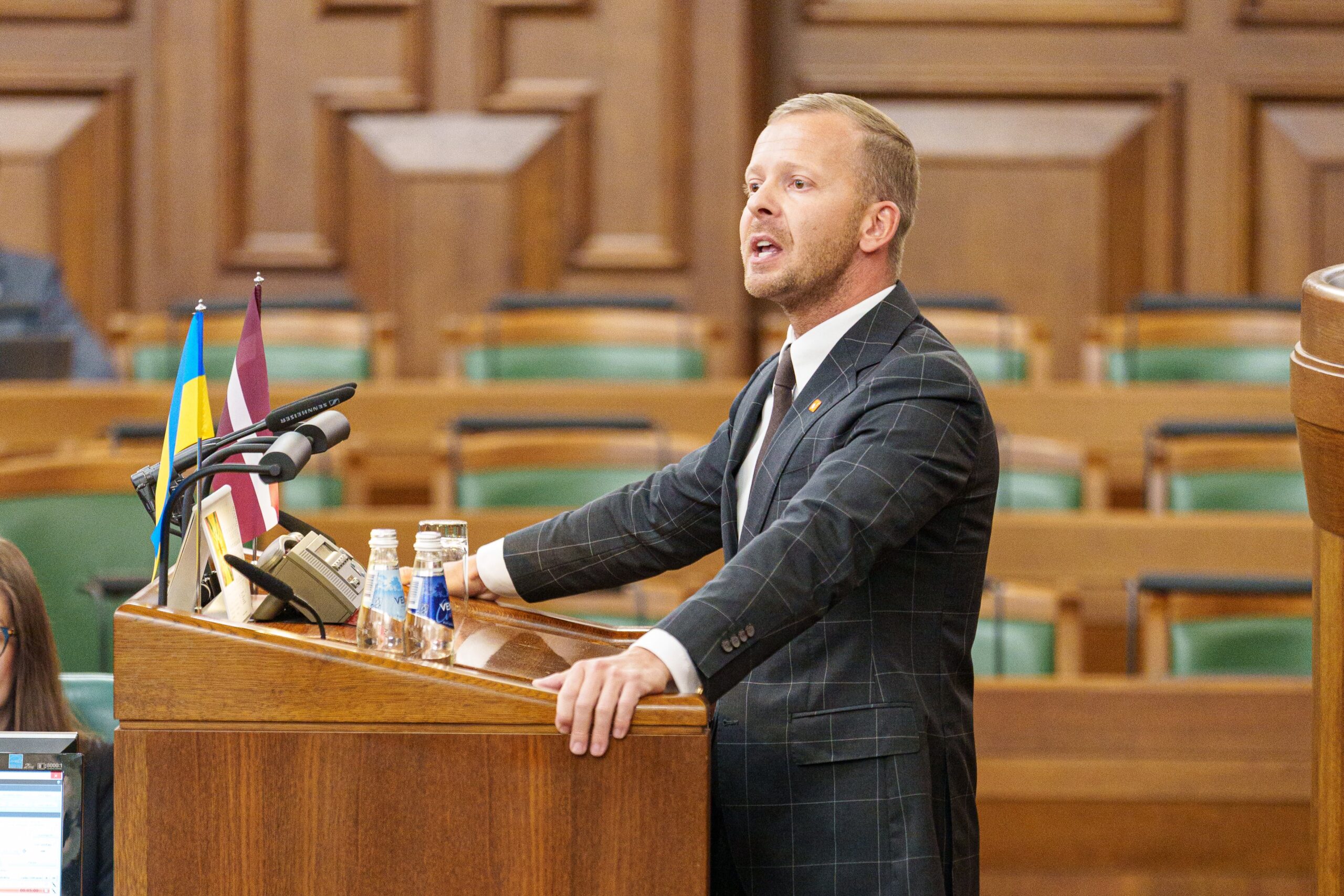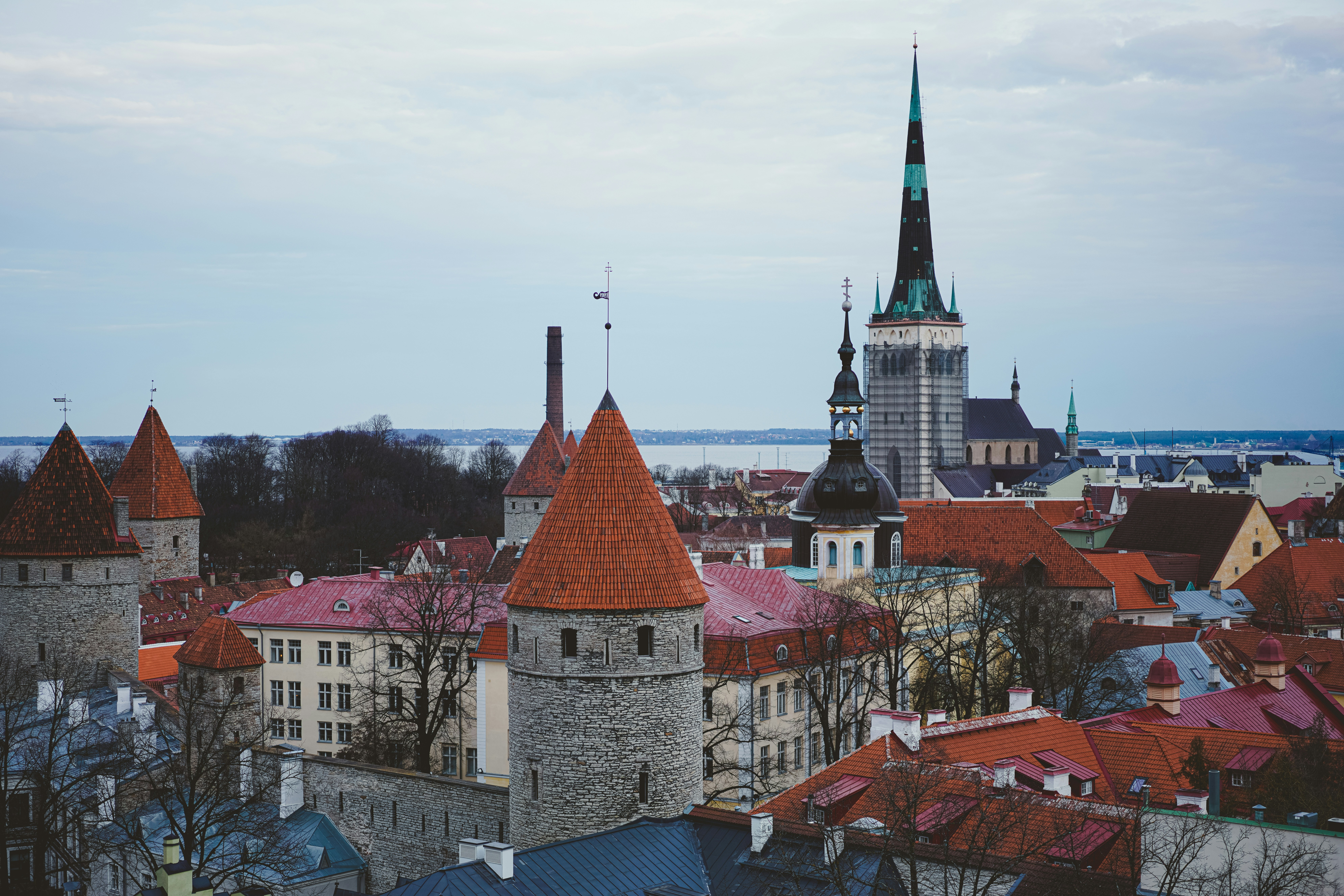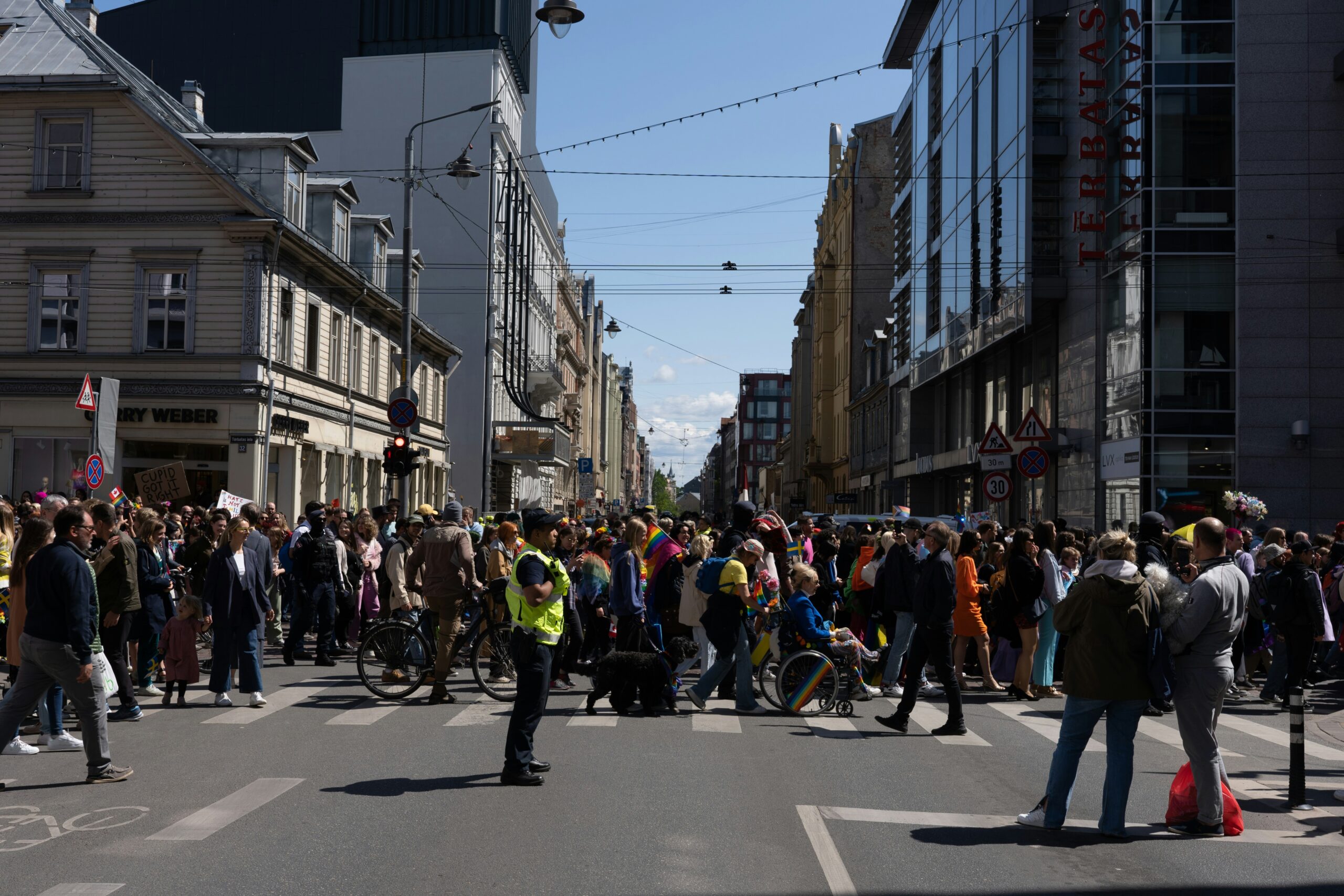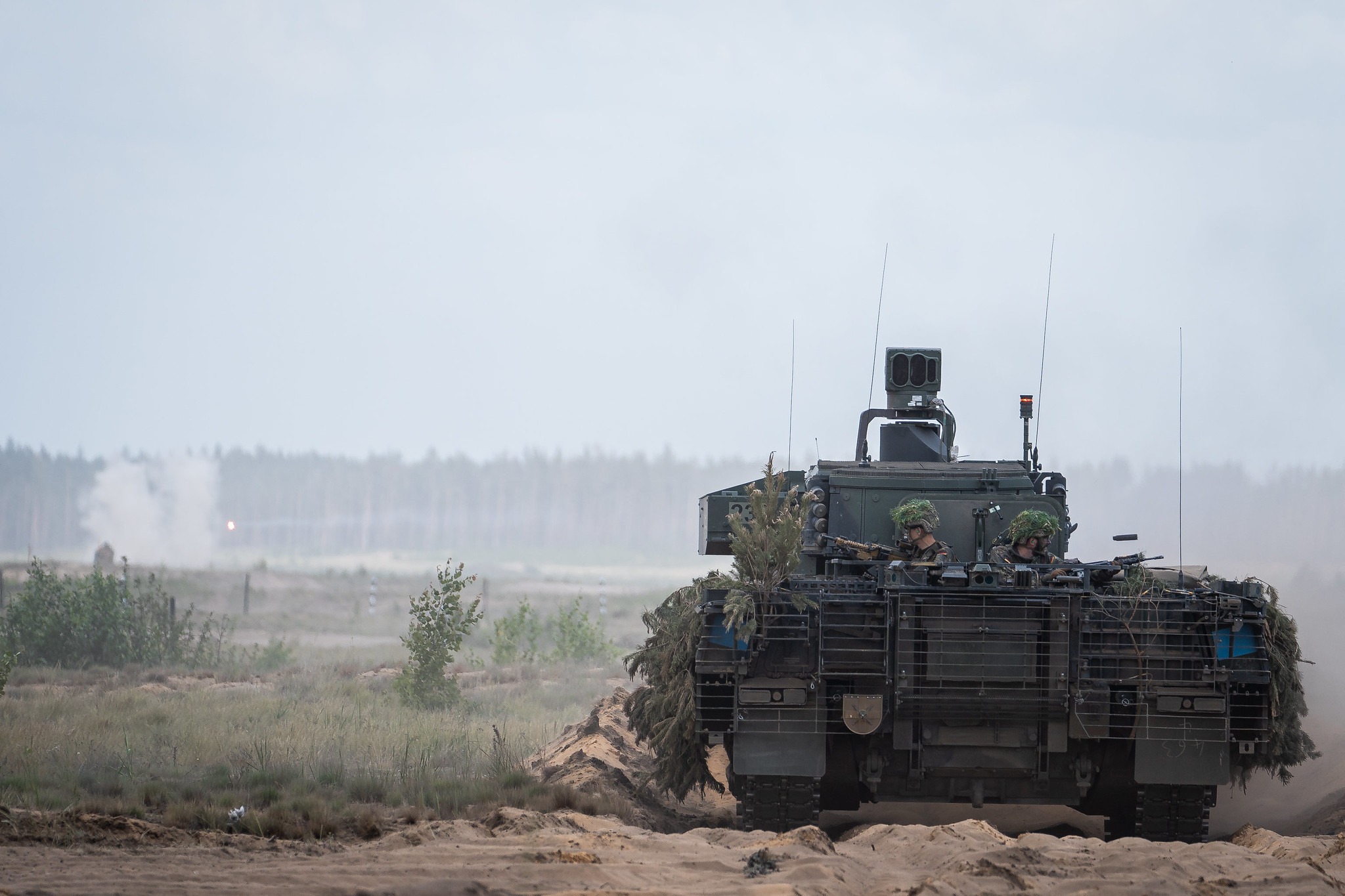
Main narratives:
- Latvia is militarily weak and scared;
- The Baltic states are the aggressors.
Overview:
Recent posts from monitored Telegram channels continued to focus on Baltic security and NATO activities. These messages employ mockery, diplomatic framing, and strategic messaging to advance Kremlin interests while undermining Western defense initiatives.
A central narrative positioned Russia and Belarus as transparent countries and Baltic states as the aggressors. Posts emphasized that the Zapad 2025 military exercises included observers from the United States, Turkey, Hungary, and 20 other countries, with 150 international journalists present. While the Baltic states and Poland “refused to go,” characterizing their absence as a diplomatic failure and a missed opportunity for tension reduction. Monitored posts also ridiculed Latvia’s worries about the aggressive nature of Zapad exercises, presenting these worries as Western fabrications or overreactions.
When Baltic officials advocate for stronger military responses, Russian channels employ personal attacks and mockery. Posts target specific individuals, such as Latvian Deputy Igors Raevs, who have called for NATO control of Ukrainian airspace and more assertive responses to Russian pressure. The response was a sarcastic suggestion that such officials should personally fight on the front lines rather than advocate for military action, attempting to portray pro-defense voices as hypocritical armchair warriors.
Russian channels ridiculed Baltic defense preparations with condescending language, dismissing fortifications as ineffective against Russian weapons systems, including “Geraniums” (drones), “Calibers,” and “Daggers” (missiles). The posts use derisive terms like “crap” and mockingly suggest that effective air defense requires “idols, shamans and sacrifices,” portraying Baltic military preparations as primitive or superstitious rather than serious defense measures.


